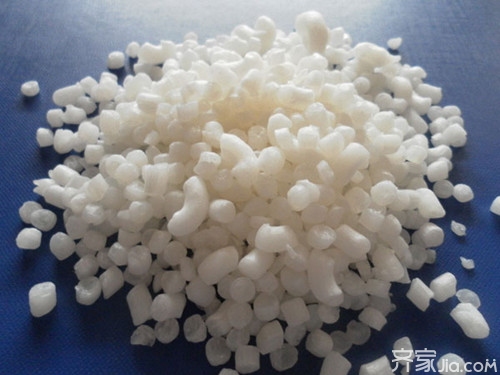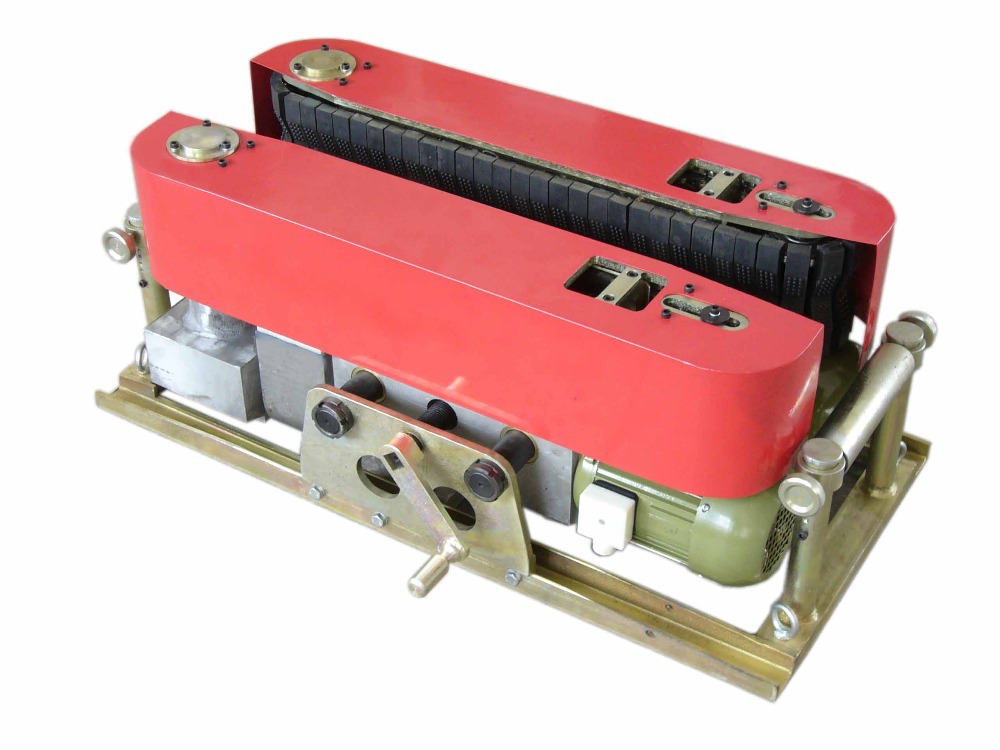Toughening agents are actually substances that increase the flexibility of adhesive films. Some thermosetting resin adhesives, such as epoxy resins, phenolic resins, and unsaturated polyester resin adhesives, have low elongation and brittleness when cured, and are prone to cracks when the bonding site is subjected to external forces and rapidly expands. Causes the adhesive layer to crack, does not endure fatigue, and cannot be used as a structural adhesive. Then, Xiaobian will introduce the types of tougheners for everyone.

What is a toughener
Tougheners generally contain active groups that react with the resin, are not completely compatible after curing, and sometimes also phase separation, will achieve a better toughening effect, so that the heat distortion temperature is unchanged or slightly reduced, The impact resistance has also improved significantly. Some low molecular liquids or plasticizers are added to the resin. Although they can also reduce the brittleness, the rigidity, strength, and heat distortion temperature are drastically reduced, and they cannot meet the requirements of structural bonding. Therefore, plasticizers Tougheners are completely different.
Types of tougheners
1. Rubber Toughening Agents: The types of such toughening agents are liquid polysulfide rubber, liquid polybutadiene rubber, nitrile rubber, ethylene propylene rubber and styrene-butadiene rubber.
2. Thermoplastic Elastomers: Thermoplastic elastomers are a class of synthetic materials that exhibit rubber elasticity at room temperature and can be plasticized at high temperatures. Therefore, this kind of polymer combines the characteristics of rubber and thermoplastics. It can be used as a toughening agent for composite materials and as a matrix material for composite materials. Such materials mainly include polyurethanes, styrenes, polyolefins, polyesters, syndiotactic 1,2-polybutadienes, and polyamides, and are currently used as toughening agents for composite materials. Styrenes and polyolefins.
3. Other toughening agents: Other toughening agents for composites include low molecular weight polyamides and low molecular weight non-active tougheners such as phthalates. An inactive toughening agent, also known as a plasticizer, does not participate in the curing reaction of the resin.
Toughener selection principle
1. Epoxy adhesives use carboxyl liquid nitrile rubber, carboxyl-terminated liquid nitrile rubber, polysulfide rubber, liquid silicone rubber, polyether, polysulfone, polyimide, nano calcium carbonate, nano titanium dioxide, etc.;
2, phenolic resin adhesives can choose carboxylated nitrile rubber, liquid nitrile rubber, polyvinyl butyral, polyether sulfone, polyphenylene ether ketone. Water-soluble phenolic resins are carboxylated nitrile latex, polyvinyl alcohol as a toughening agent;
3, fast-curing acrylate structure adhesives often use acrylic rubber, carboxylated nitrile rubber, chloroprene rubber, chlorosulfonated polyethylene, ABS resin;
4, α-cyanoacrylate adhesives should use acrylic rubber, ABS, SBS, SEBS, etc.;
5, unsaturated polyester resin adhesives should use liquid nitrile rubber, polyvinyl butyral, polyvinyl acetate, etc.;
6, urea formaldehyde resin adhesive can choose polyvinyl acetate emulsion, polyvinyl alcohol and so on.

Toughener characteristics
1, At room temperature toughening effect and low temperature toughening effect are very good, and has little effect on other mechanical properties, excellent overall performance. In PC (low MI: 10.5, high MI: 35), adding 2% has a significant toughening effect.
2. Dispersion is very good in polyester, and has little effect on the fluidity of the toughened material (other grafted or copolymerized polyester tougheners, so that the modified polyester fluidity becomes very Poor, not easy to inject), does not affect the late injection. The toughened polyester is insensitive to shear during the injection process, which facilitates the choice of injection conditions.
3, toughened polyester, excellent coloring ability, can reduce the amount of toner added.
4. PCs toughened with MBS have good resistance to stress cracking and improve the sensitivity to water; even if they are heat aged at 135°C for 168 hours, PCs toughened with 5% MBS will have less impact.
Editor's summary: The types of tougheners are introduced here and we hope to be helpful to everyone. If you want to know more related information, you can pay attention to this website information.
Rubber Carpet Rubber Sheet Rubber Hose Rubber Rubber Mat
The Cable laying machines over two pairs of propelled pulleys. Two counter pulleys press the cable into the grooves of the two driving pulleys. The cable pusher tapered pulleys consist of a special high elastic and wear resistant rubber material, thus Cable Laying Equipment ensuring adequate friction.
The hydraulic power Cable Blowing Machine pack is connected with the pusher BKS 400 by two hydraulic hoses; the operation cable pusher can be easy managed from the ground, also if the pusher is fixed in a tray.
The hydraulic drive Cable Laying Equipment of the BKS 400 can be operated by a separate power pack or by another machine like an excavator, if the below listed parameters can be provided. The connecting hoses between the BKS 400 and the power pack are equipped with a flow divider, which guarantees the infinitely variable adjusting of speed.

Cable Conveyor Crawler,Power Cable Conveyor,Conveyor Cable,Cable Tube Conveyor
NINGBO MARSHINE POWER TECHNOLOGY CO., LTD. , https://www.marshine-power.com
